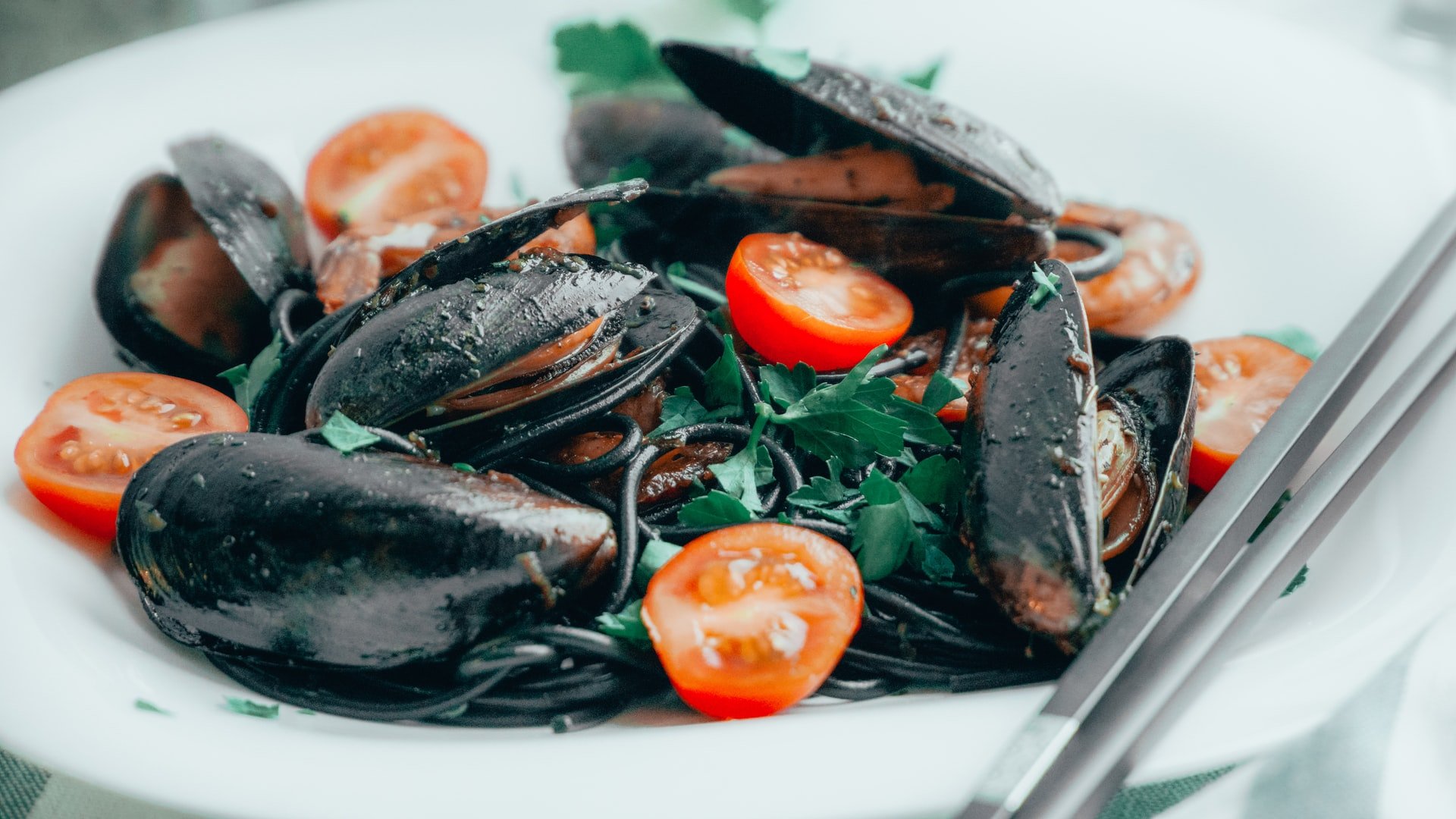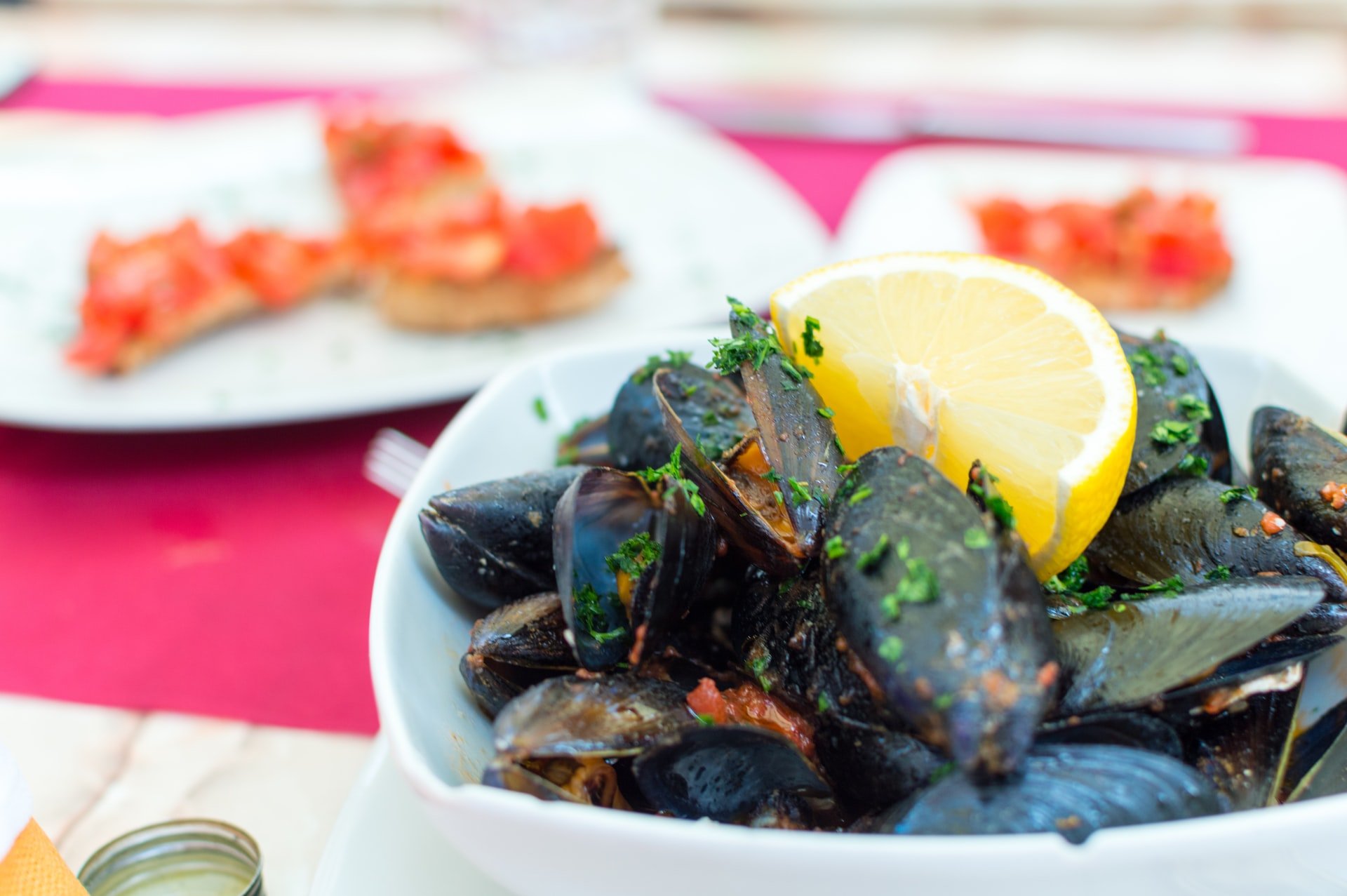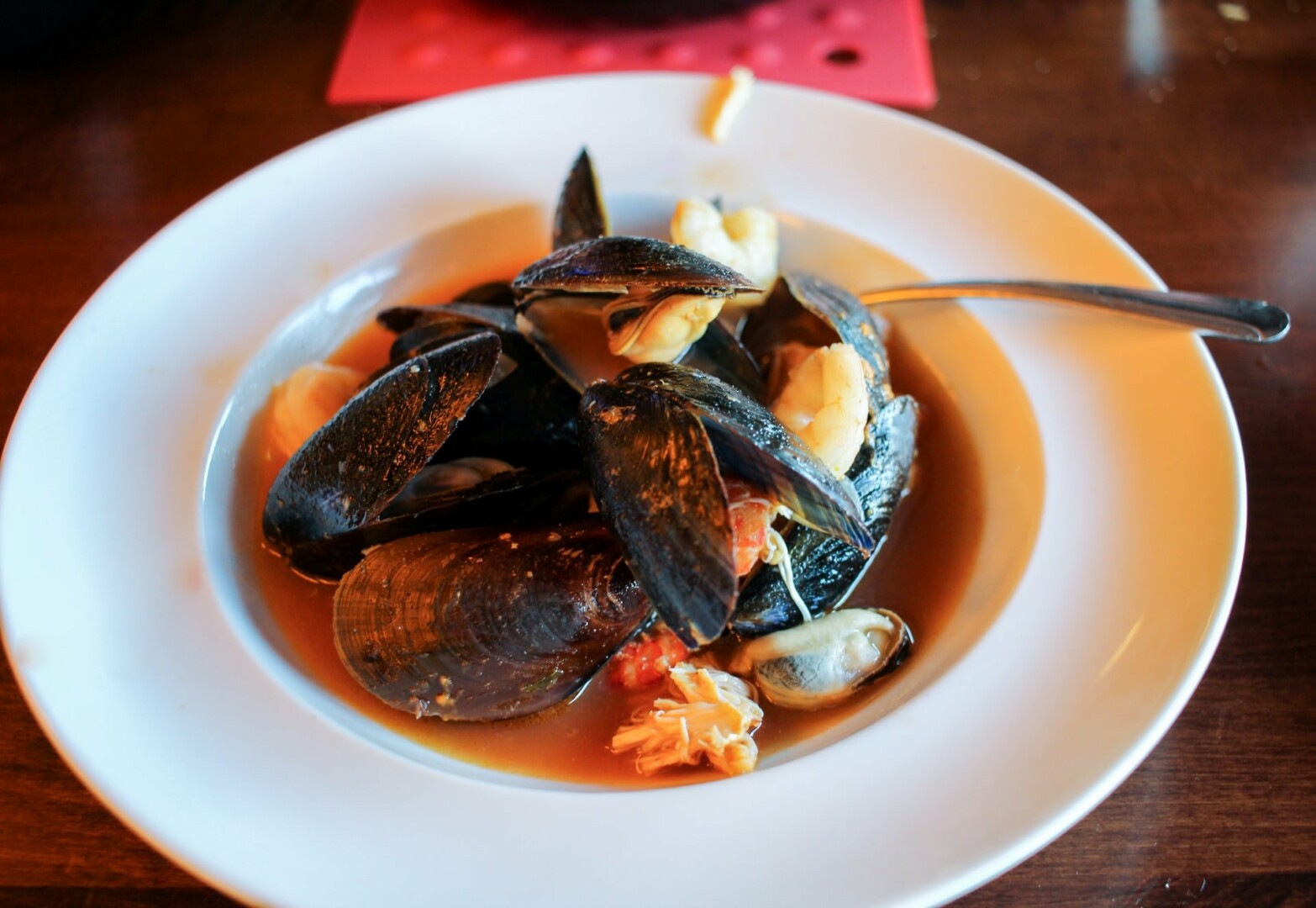Mussels are one of the most popular types of seafood, and they have high nutritional value.
Let us look at the nutrient quality and supposed benefits of mussels:
Mussels
Mussels are clams that grow in the ocean along the shoreline. They are usually long and wedge-shaped. Mussels can be found in the wild, but they’re more commonly grown for commercial purposes on farms. Blue and green-lipped mussels are the two most common varieties consumed. Freshwater mussels are rarely consumed, but they do produce freshwater pearls. Mussels are commonly used in chowders and are often baked, fried, smoked, broiled, or steamed. In most European and Pacific countries, mussels are a popular fast-food item.

Why mussels are popular
All shellfish have an impressive nutritional profile, but mussels are the best. They are high in long-chain fatty acid composition and DHA (docosahexaenoic acid). These fats have many health benefits, including improved brain function and a reduction in inflammatory conditions like arthritis. Mussels are a great source of vitamins as well. They also provide you with important minerals like zinc, which aid in the development of immunity. Mussels have iron supplement levels that rival those of red meat.

Zinc importance in mussels
Zinc obtained from mussels is used for the body’s activation of enzymes, aiding in DNA and protein synthesis, and support immune, reproductive, and endocrine system function. It also works as an antioxidant, preventing oxidative damage from causing cellular injury to tissues in the body.

Mussel’s zinc content
Grown mussels are high in zinc and selenium, with a 140g serving (roughly 20 mussels). This provides half of our daily zinc requirement and more than 1.5 times the recommended amount of antioxidant selenium. According to the article, one serving also offers a third of our daily iron requirements. This makes them an excellent choice for women, as 23% of people aged 19 to 64 have extremely low iron intakes and are at risk of experiencing iron deficiency anemia.
Mussels also contain vitamins B2 and B12, as well as phosphorous, copper, iodine, and a good amount of omega-3 fatty acids.

Recommendation
You might be hesitant to eat mussels if you’re worried about your cholesterol consumption. They are known for rich vital nutrients like zinc and cholesterol. Cooked mussels have about 48 mg of cholesterol per 3-ounce serving, which is about 16% of the daily cholesterol recommendation for adults. Shellfish, such as mussels, are indeed a great addition to a nutritious, low-fat diet. Mussels also contain non-cholesterol sterol compounds which can lower the risk of heart disease and atherosclerosis.

